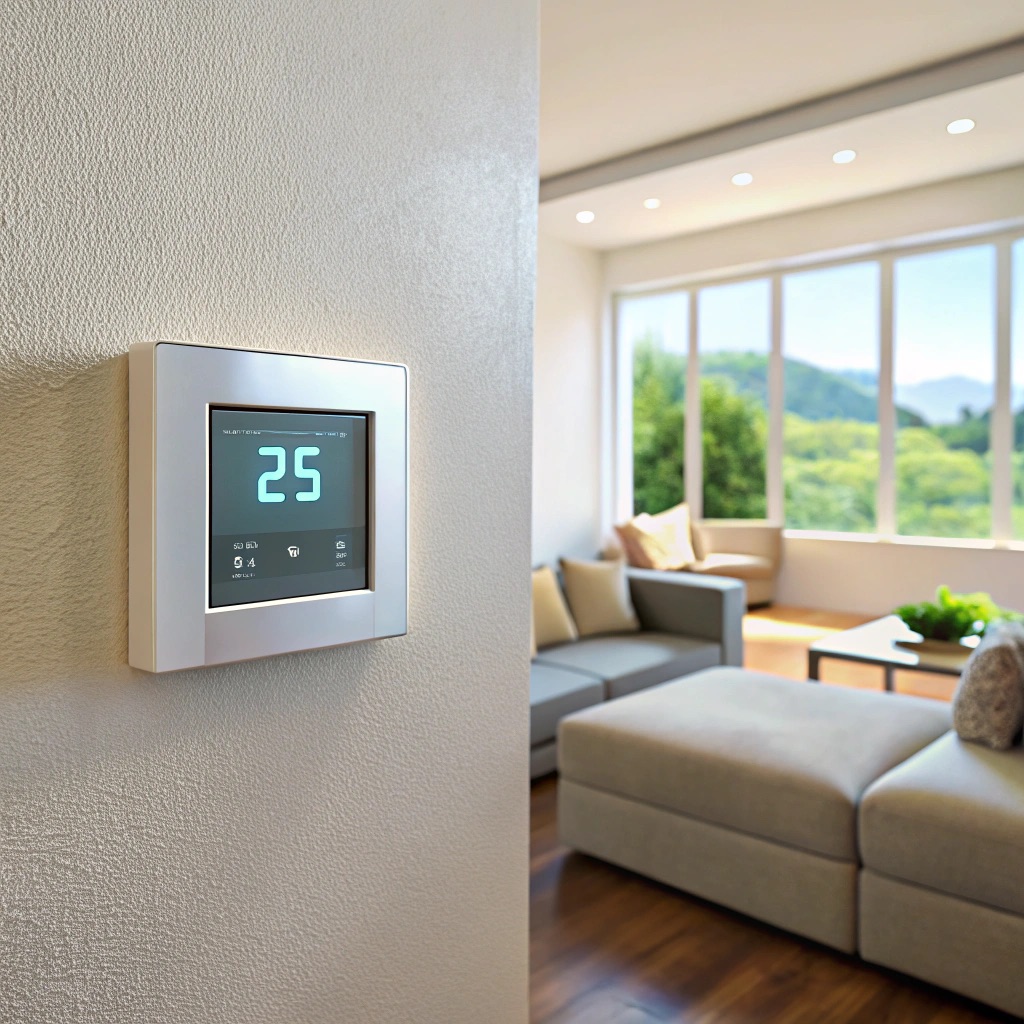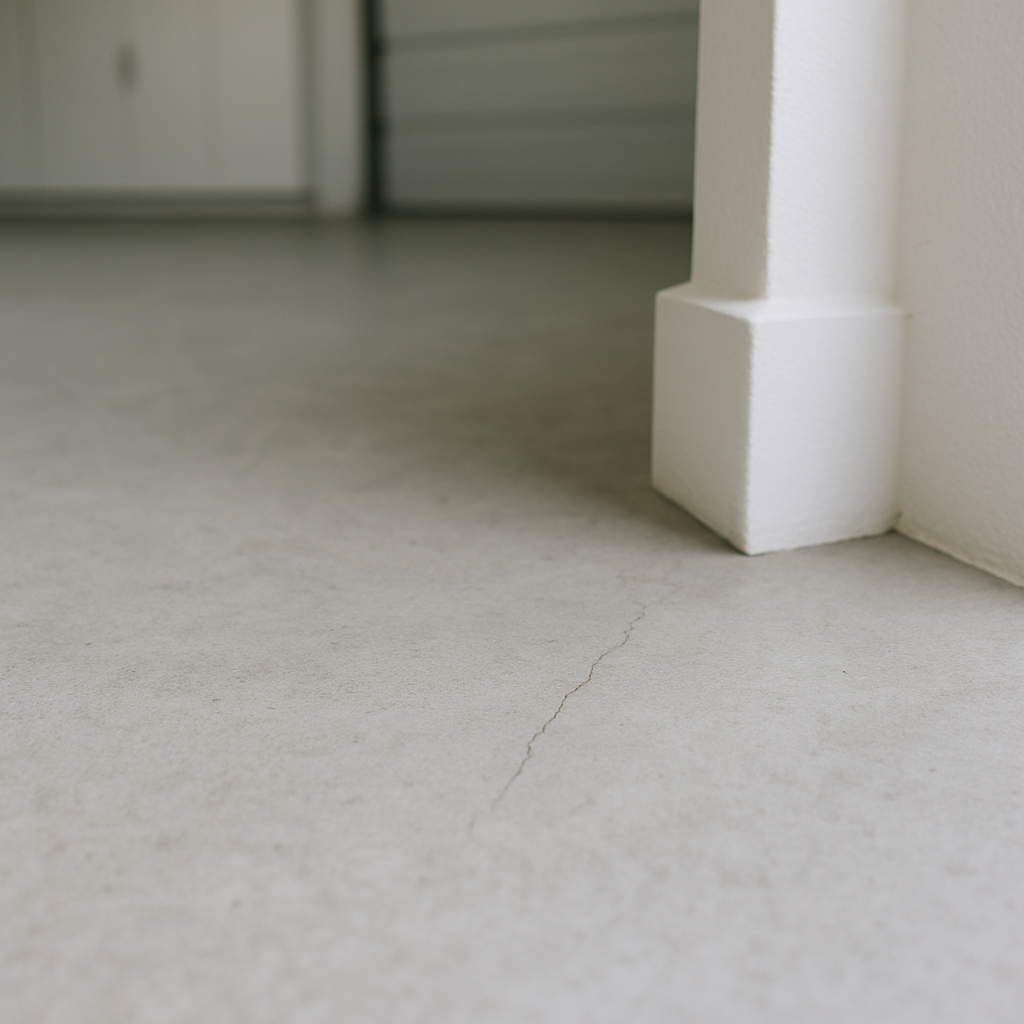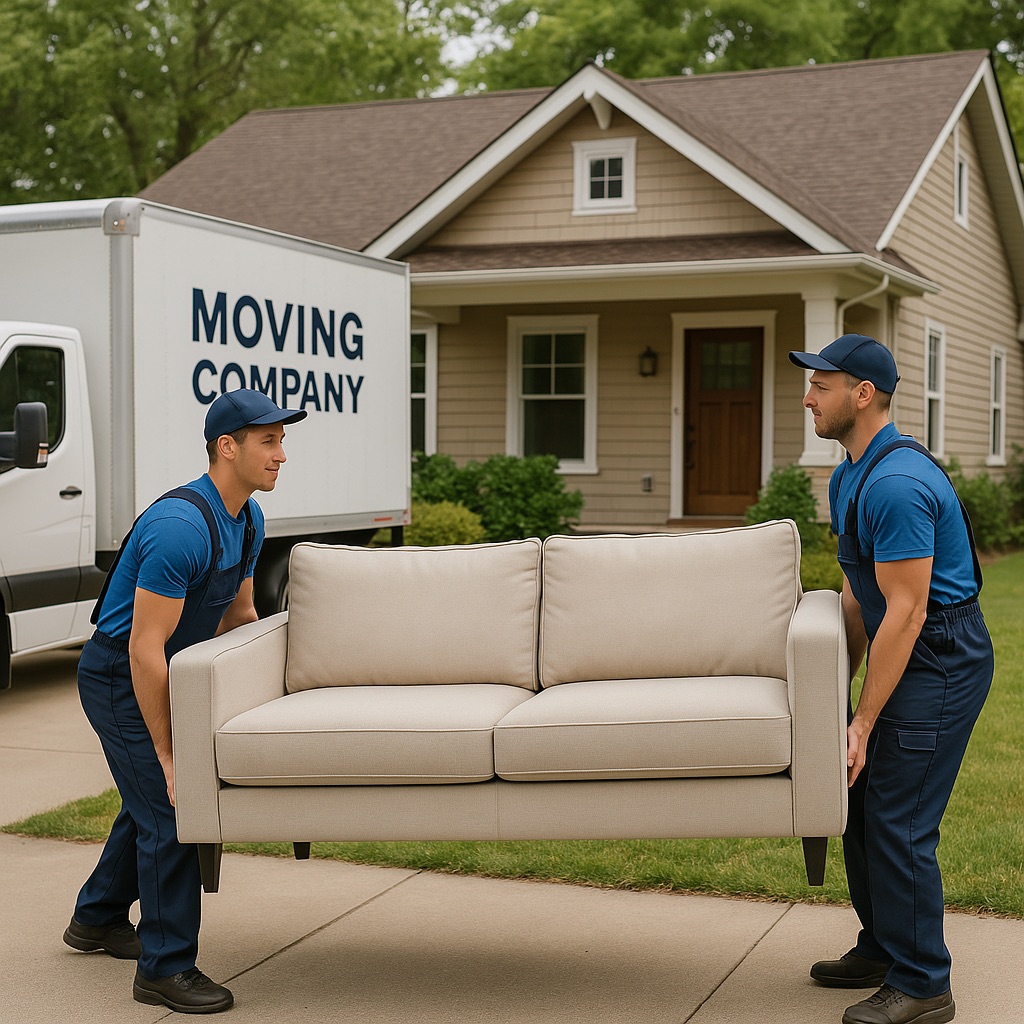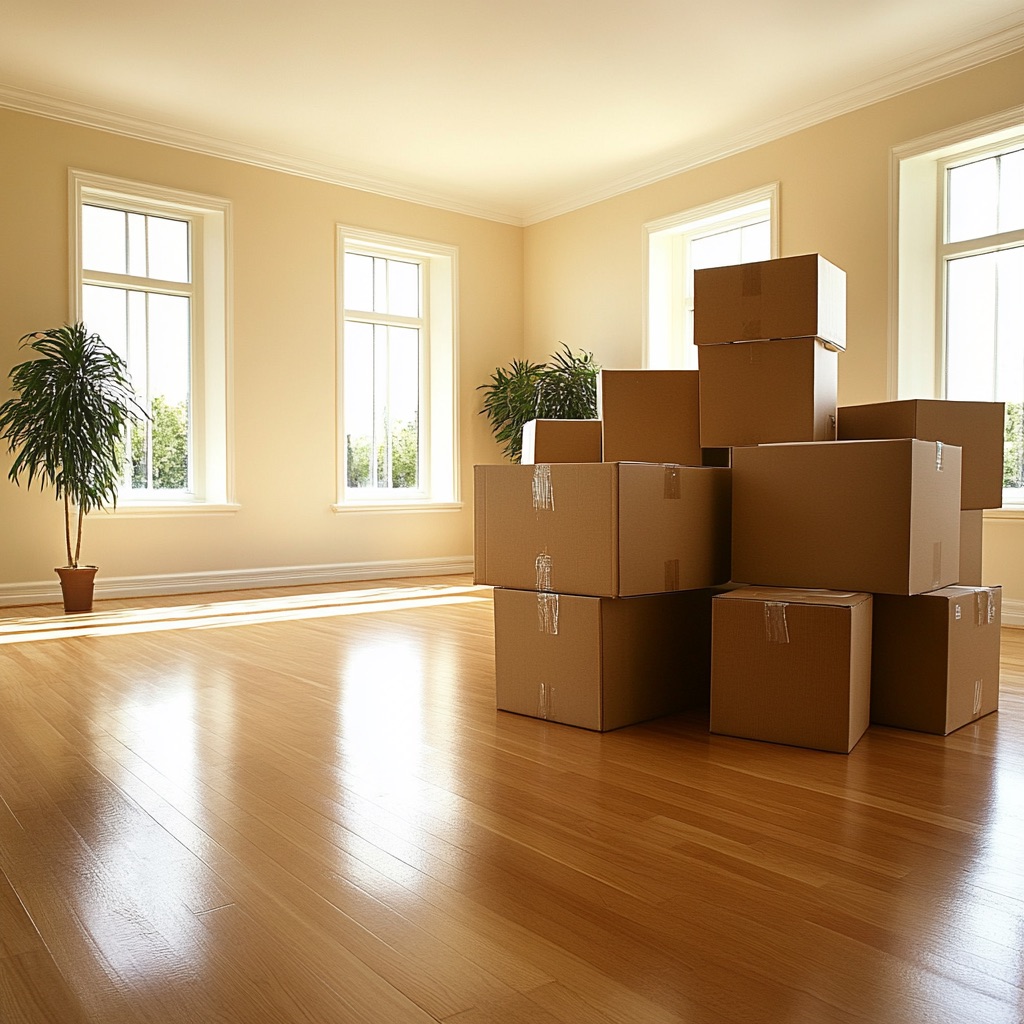Last updated on
Are you afraid you may have water damaged from leaks in your home? Here are the preventive actions you should take to avoid it. Read on!
You’ve designed your home just the way you like it and spent a lot of money fitting out your property with all the best fixtures and furniture. Now, the last thing you want to happen is water damage ruining it all.
Sadly, though, this is something that often occurs. While you may not be able to 100 percent guarantee you’re never in this position, there are essential steps you can follow to reduce the risk.
What's Inside
Know the Signs
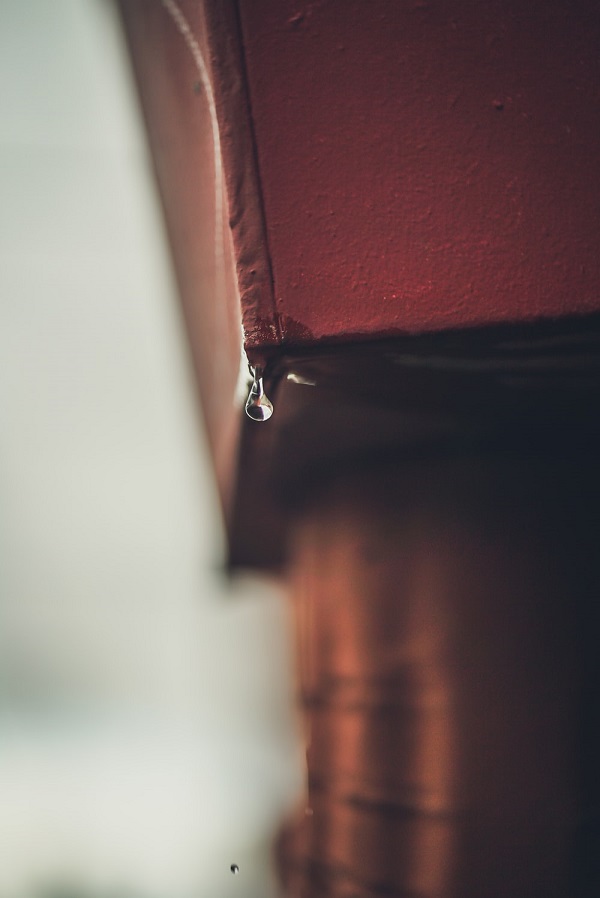
Flood damage is obvious and immediate, but other causes, particularly slow leaks, are harder to notice. As such, it’s vital to know some of the key signs of water damage to lookout for. This way, problems won’t remain unattended to for months.
Pay attention to water pooling anywhere in your yard (especially after storms), plus small pools of water around appliances or elsewhere inside. Notice strong, musty smells, and warped floors. Also, stop and examine further if you notice peeling paint, sagging parts of ceilings or walls, any mold growth (it shows as dark discoloration), or stains or discolored bits on ceilings or walls.
Although these signs indicate that you already have water damage, by picking up on them sooner rather than later, you can discover the source of the problem and get it fixed ASAP. This then reduces the amount of water damage you’ll have to deal with.
Make Changes Outside
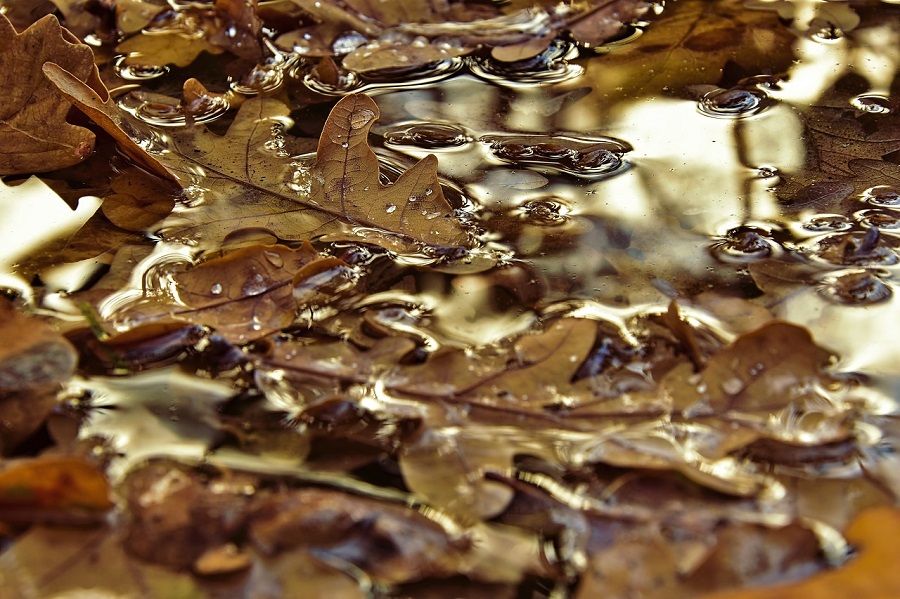
Many people focus on internal aspects when it comes to preventing water damage, but know that exterior issues can also lead to water problems. If water pools inside your yard, you may have blocked water and sewer connections. If this is the case, you’ll need to have the lines inspected and repaired by relevant service people.
Note, too, that landscaping work may be in order. You could need to do some work in the garden so that your yard slopes away from the house. That way, water will be directed away from the property. It pays to consult with a professional landscaper on this to be sure you get the angle right. You may also need to bring in equipment to complete the work.
Maintain and Repair Appliances
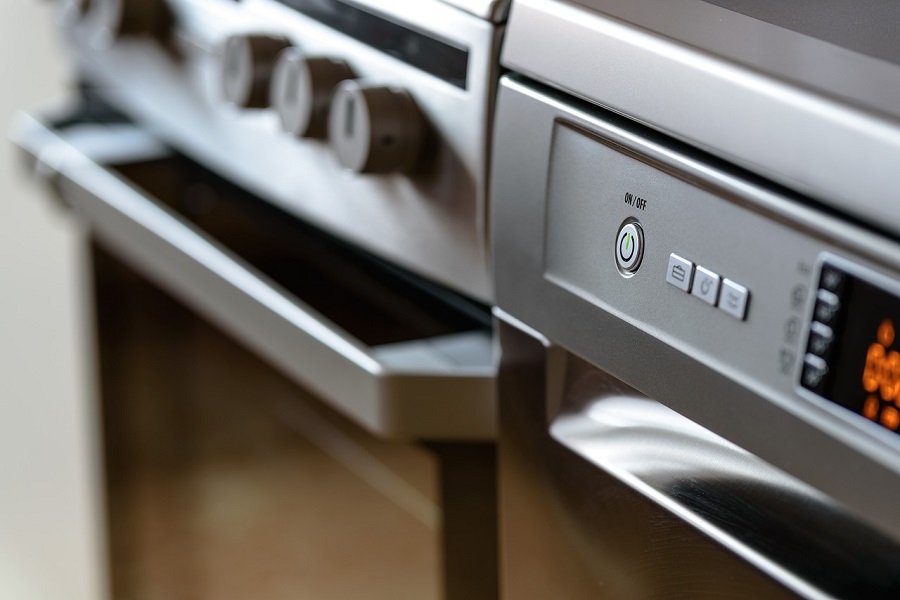
Of course, a major cause of water damage inside homes is appliances. To reduce this risk, maintain and repair machines. Follow the maintenance instructions in the manual that manufacturers create for your appliances. This may cover cleaning or replacing filters, de-clogging pipes, replacing rubber hoses after a time, inspecting pipes, water tanks, and other units for evidence of rust or pinhole leaks, and thoroughly cleaning equipment.
Plus, as soon as you notice any type of leak, unusual sounds or smells, machines not operating as they should, or weird vibrations or sparks, contact a repair person. You’ll find experts in all fields on Candu Home or check with friends or family members for recommendations. Professionals can inspect appliances and make necessary repairs or let you know if you need to buy a new piece of equipment altogether. Note, too, that most appliances need replacing after ten or 12 years anyway.
Another tip is to turn the water off to appliances if you’re going to be away for more than a few days. Alternatively, simply switch off your main water supply, so there’s no chance of leaks happening while you’re gone. Also, it’s wise not to leave home while your washing machine or dishwasher is running. That way, if a pipe burst or another issue occurs, you’re at home to notice and limit the damage.
Clean Gutters and Inspect the Roof
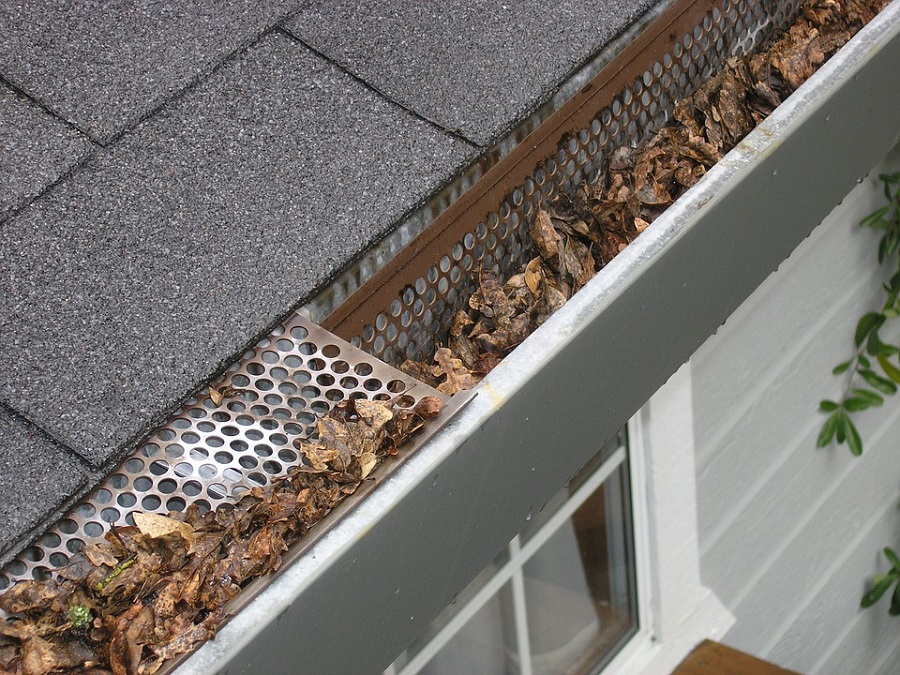
It’s also vital to keep up maintenance on the gutters of your property, and the home’s roof. Clean out your gutters, getting rid of leaves, dirt, and other debris, at least twice per year, or even better, quarterly. If there has been a big storm, also do an extra clean at that point.
You might also like to install gutter guards to limit the amount of muck that makes its way into your gutters and to decrease the amount of effort involved in cleaning them.
You should check on the status of your roof at least annually, too, as well as after storms. This task may not be something you can do yourself, so hire a professional. They can check for cracked, broken, missing, or old shingles that need attention and areas where tiles are lifting due to overhanging vines or tree branches. Plus, roofers can patch holes to prevent leaks, and handle any other maintenance or repair work.
Water damage can cost thousands of dollars and mean you have to move out of your home for a time. Try to avoid this situation by following the steps listed above, both today and into the future.
